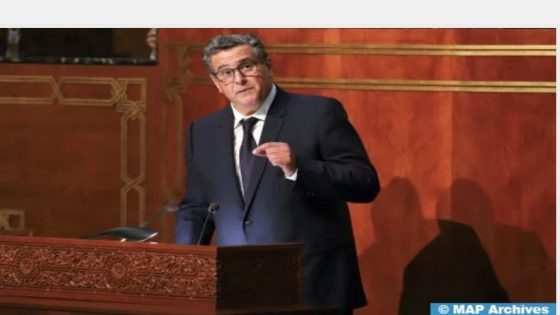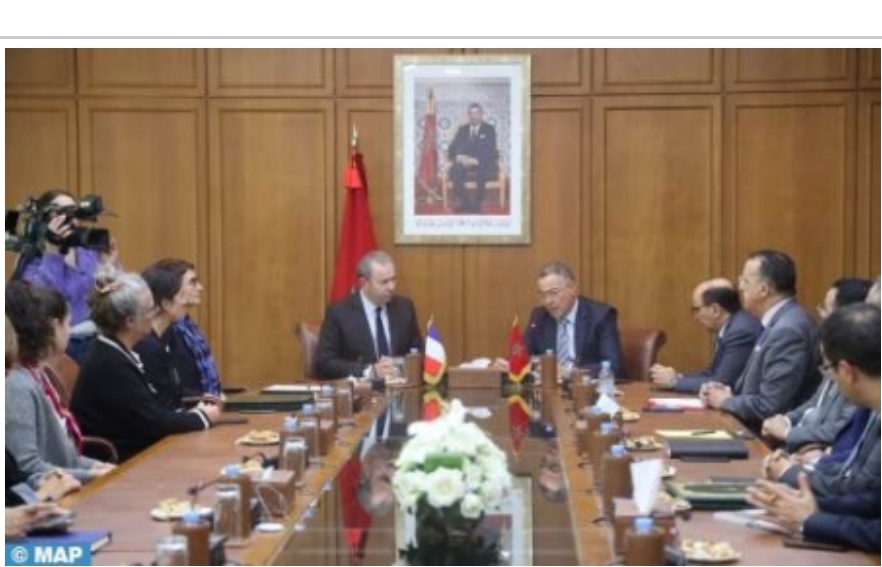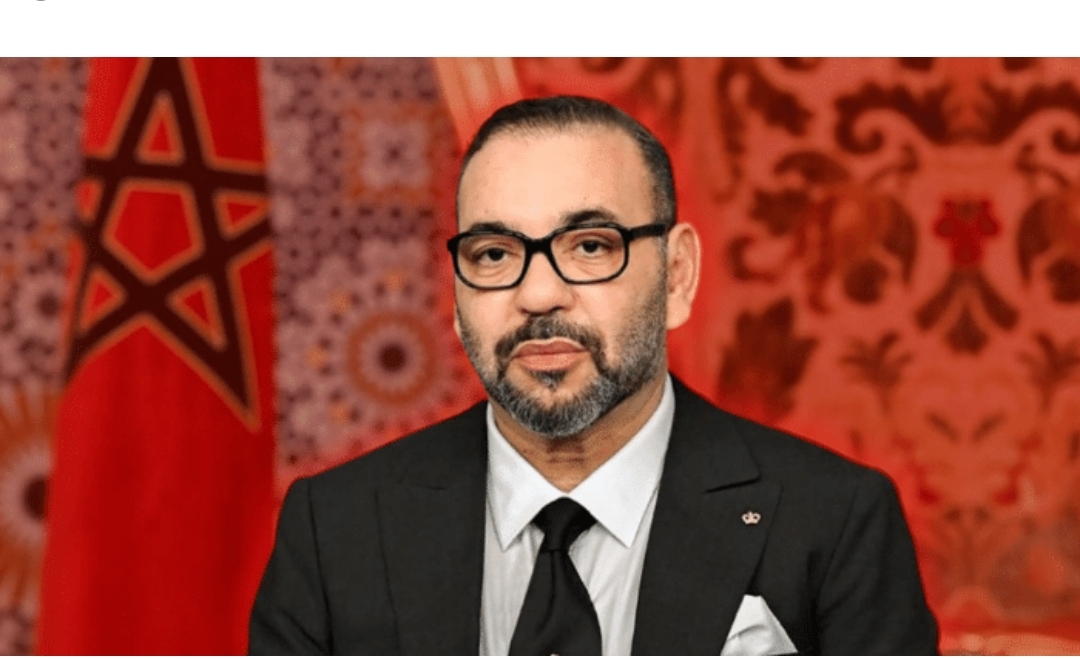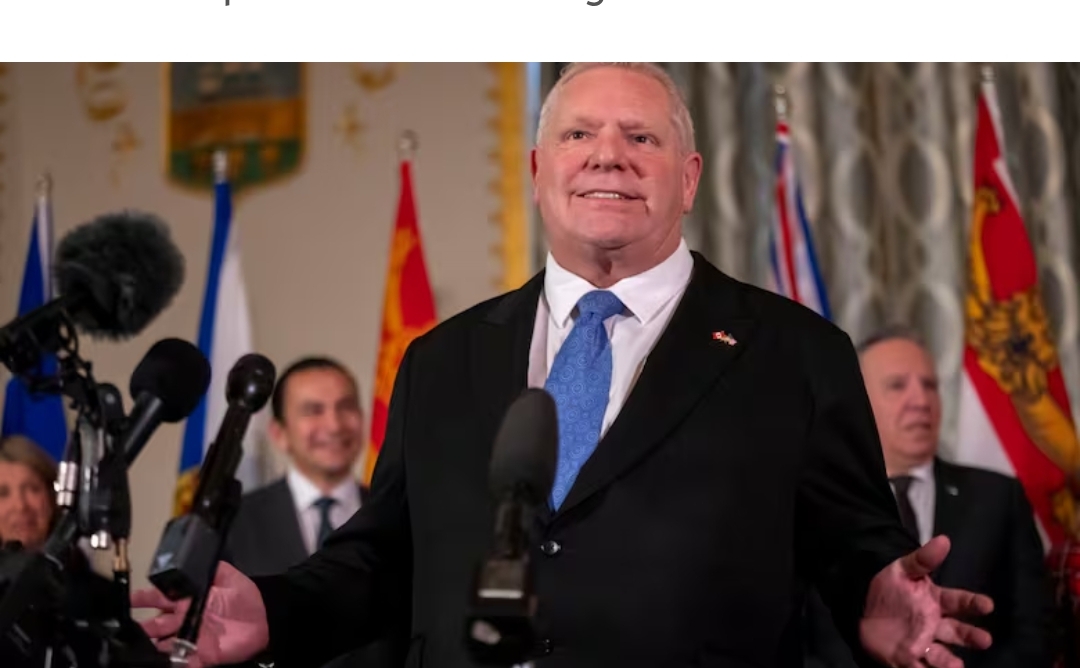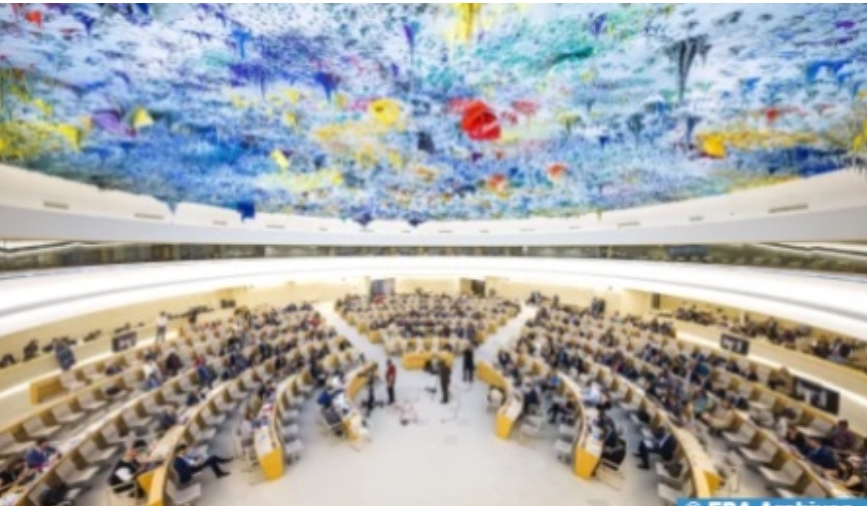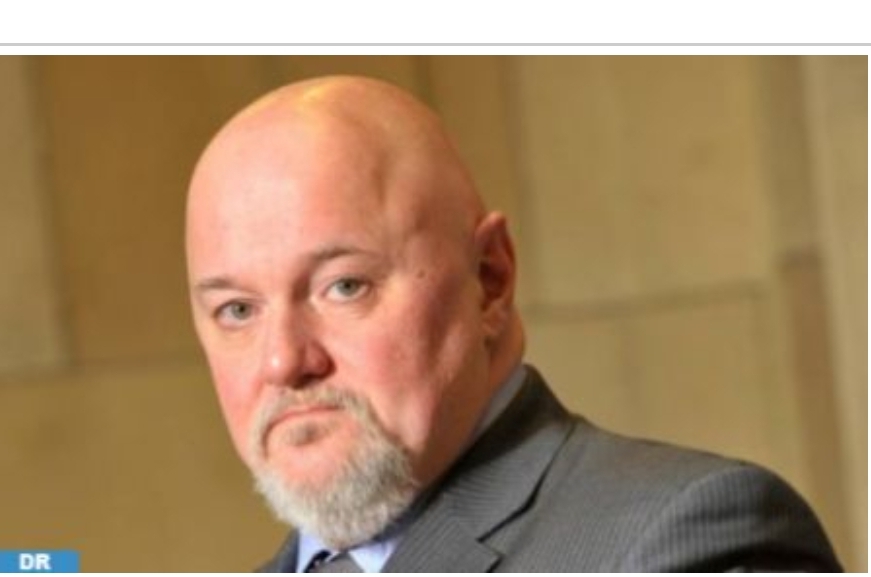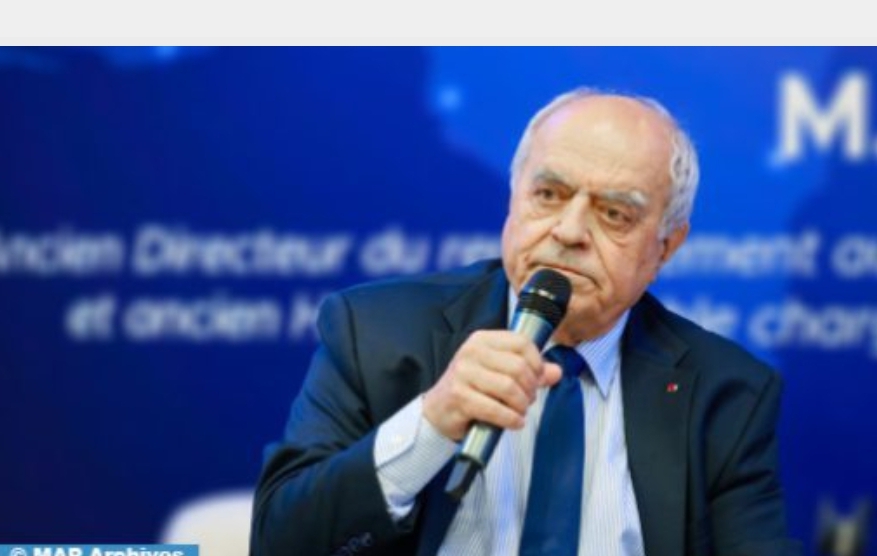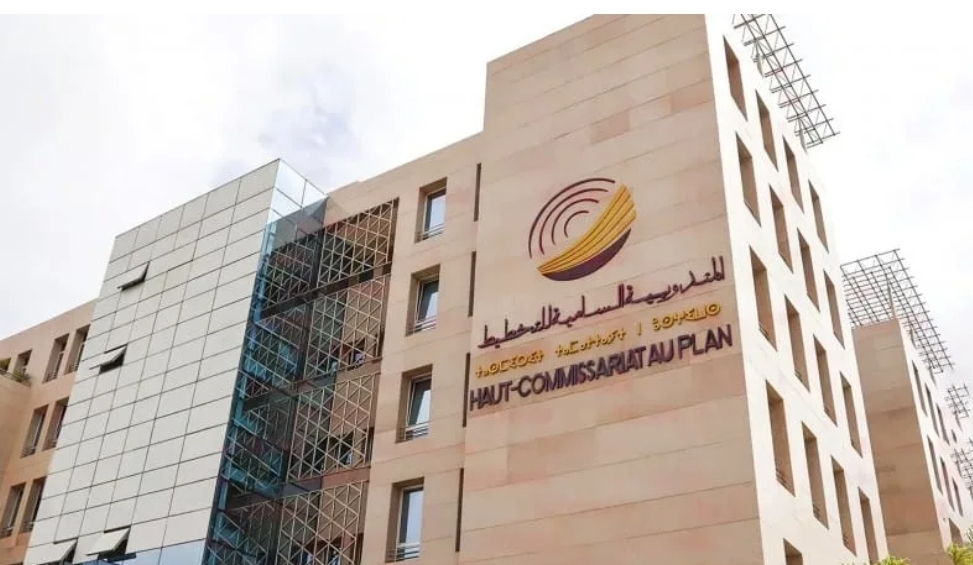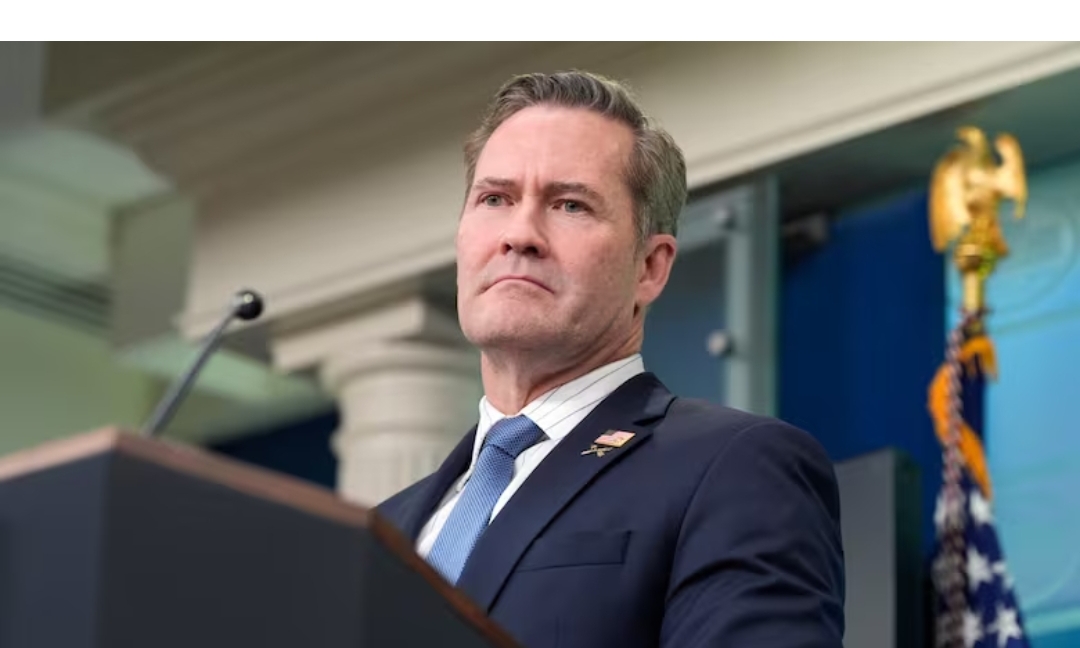Assahafa.com
Head of Government, Aziz Akhannouch, presented before the House of Councillors on Thursday, during a plenary session dedicated to examining the progress report on government action, the economic measures taken to promote business and to preserve macroeconomic balances, against a backdrop of global crises.
In response to the parliamentary councilors’ interventions, Akhannouch pointed out that the government had successfully completed this stage, thanks to a series of interventions that had enabled vital economic sectors to regain their usual dynamism.
In this respect, he recalled the gradual increase in the pace of public investment in order to preserve the strength and stability of the social State projects and to support citizens and families, adding that this choice “has enabled us today to cope with inflation, while continuing to implement major reforms at a stable pace.”
He said that the government “took up the challenge and had the courage to adopt emergency solutions,” including maintaining electricity tariffs for both domestic and industrial use, with a budget of 9 billion dirhams, granting unprecedented support to the transport sector to the tune of 8 billion, and setting up emergency programs to mitigate the effects of the drought estimated at 20 billion, in execution of the High Royal Instructions.
Fiscal and customs measures have also been taken, notably to suspend import duties on essential products, in particular to support professionals in the meat, soft wheat, oil, milk, butter and legume sectors.
Akhannouch also highlighted the success of the national economy, in particular tourism, with 14.5 million visitors in 2023, and the craft industry, whose exports exceeded the 1 billion dirhams threshold for the first time in 2022.
He added that economic growth stood at 3.2% and should improve to 3.8% over the next few years, thanks to the implementation of economic measures.
On the social front, Akhannouch noted that the Executive had embarked on historic and unprecedented structural reforms in Health and Education, which form the backbone of the social state.
“From the first day we assumed our responsibilities, we were convinced that the attention paid to these two sectors could not be done without taking human resources into account. And this is what we have tried to implement through the mechanism of social dialogue,” he said.
In this respect, Akhannouch congratulated the trade unions on the high level of patriotism they had shown throughout the social dialogue, pointing out that it was imperative, through this social dialogue, to enable those categories who had been deprived for years to benefit from improvements in their professional and material conditions.
Source: map
